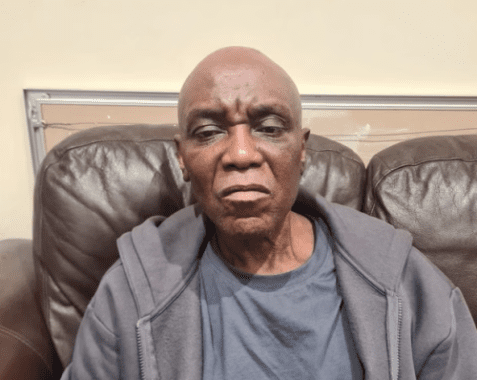
Anthony Olubunmi George, a 63-year-old Nigerian who has lived in the United Kingdom since 1986, has won his long-running legal battle against deportation, ending decades of uncertainty over his immigration status.
The decision by a British immigration tribunal marks a rare victory in a system often criticised for rigid enforcement and a lack of flexibility in complex cases.
George, who has lived almost his entire adult life in the UK, faced repeated challenges in securing a residence permit despite a clean criminal record.
The situation escalated in 2005 when a forged entry stamp in his passport, produced by his own lawyers, triggered deportation proceedings. George was neither involved in nor benefited from the fraud, which later led to the disbarment of the lawyer responsible.
“I have spent nearly forty years building a life here,” George said, reflecting on the years of stress and uncertainty.
His vulnerability was heightened by a disability and two strokes suffered in 2019, making the prospect of forced removal to a country he had left decades ago particularly harrowing.
The tribunal ultimately ruled that George bore no responsibility for the fraudulent document, granting him the right to remain in the UK.
The case is being hailed as a reaffirmation of the importance of balancing legal enforcement with human dignity.
“This decision allows me to finally envisage a normal life after years of uncertainty,” George added.
Legal experts suggest the case underscores broader challenges in immigration systems worldwide, where administrative errors or misconduct can jeopardise the lives of individuals who have deep-rooted ties to their adopted countries.
It also highlights the delicate task courts face in reconciling strict legal requirements with the realities of long-term residency and human vulnerability.
The ruling has sparked discussion about the treatment of long-term residents and the responsibility of legal professionals, showing how one procedural error can threaten decades of stability.
For George, it is both a personal victory and a powerful example of justice prevailing in a system where rules often overshadow human circumstances.



